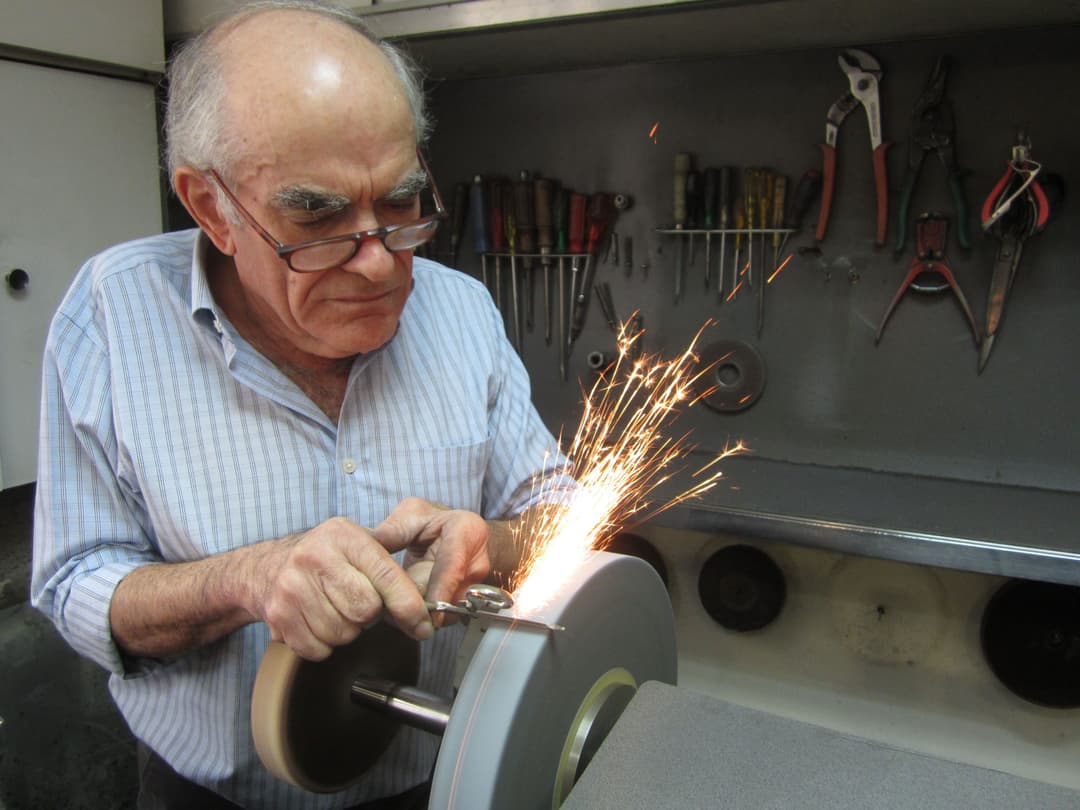
Time to fix: Repair heuristics in Estonia and Portugal
Etnográfica 2023
The article proposes the concept of post‑brokenness to better understand such conditions in which recovery has not been achieved, yet many things continue to go on in the meantime. It examines how repair actions in both Estonia and Portugal can be understood as heuristic processes that help to maintain social bonds and offer potential solutions to the crises of our time by focusing on care, endurance, and sustainability. We can talk of a heuristic repair: a way of learning and processing; part of a concrete horizon of hope.
The research explores the social and political dimensions of repair work, how it involves relationships and diverse forms of care, and challenges the idea that endless new production is the only path forward. Accelerated cycles of production, consumption and discard, and the extensive availability of cheap mass-produced goods have led to increasingly quick processes of replacement through which a large number of things is rapidly discarded. Eventually, this has created a new problem, which is the increasing overflow and multiplicity of wastes, with materials that cannot be turned into value in a straightforward manner.
On the other hand, past things often deserve a second chance. Chairs, cars, umbrellas, houses, relationships, you name it. In some cases, they had fallen apart because of wrong use or design, because of being available too early or too late, done with materials that are not good enough, or in turn because of not being subject of maintenance work. While working on how to give a second chance to things, we can learn the way objects are made, their vulnerabilities, and eventually how they can also be re-designed. However, repair is hardly considered for future projections.
An ethnographic attention to fixing interventions allows us to comprehend the processes and conditions under which certain things acquire socio-material stability against the grain. Also, it shows that repair work is socially and politically-loaded by putting things to some order and by activating other kinds of relations. Indeed, the repair of things contributes to stabilise human life insofar as they give it a continuity and order.
Keywords: material culture, repair, broken world, endurance, the materiality of care
Selected quotes:
"We need heuristics more profound than ‘resilience’, a concept that refers instead to a condition in which nothing is broken. Repair also has a stronger epistemic dimension than resilience and is intimately integrated within the existing ecologies of knowledge". Pg. 604
"Any breakage seems to put an end to a time and to an order; but it is repair that re‑establishes a sense of how things should be through a constant ordering process". Pg. 611
"Repair cannot be merely explained by the rationale of cost saving: it is a way of putting things together anew and, by doing so, it can also work as a symbolic act of refusal to obsolescence, cultural abandonment and social negligence, therefore being infra‑political". Pg. 613
"The work of care can be easily overlooked because of having a slow, cumulative impact, instead of the heroic innovation proclaimed by modernist ideals". Pg. 606
“Acts of fixing and mending are thus important as a form of passing through and carrying out, as well as a practice that grants a person dignity... Care itself is required for the repairers, since chance won’t find a broken item if we do not pay attention to it and mobilise resources to mend it". Pg. 613
